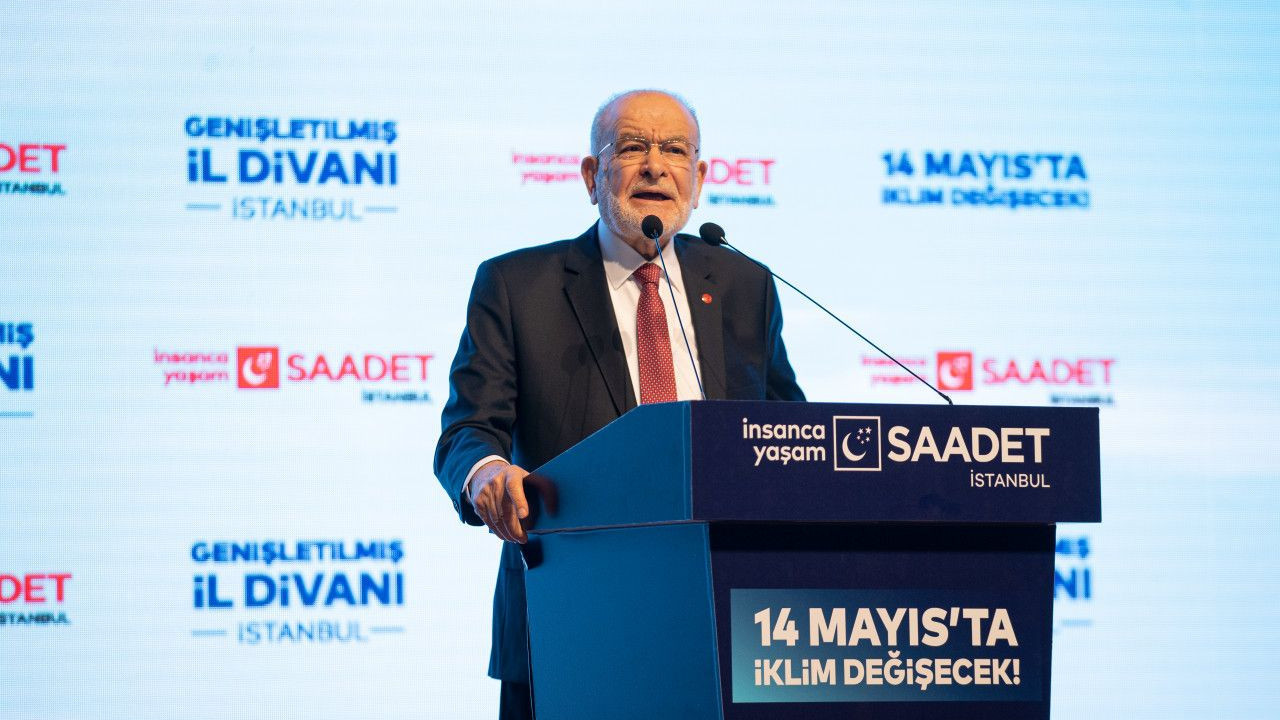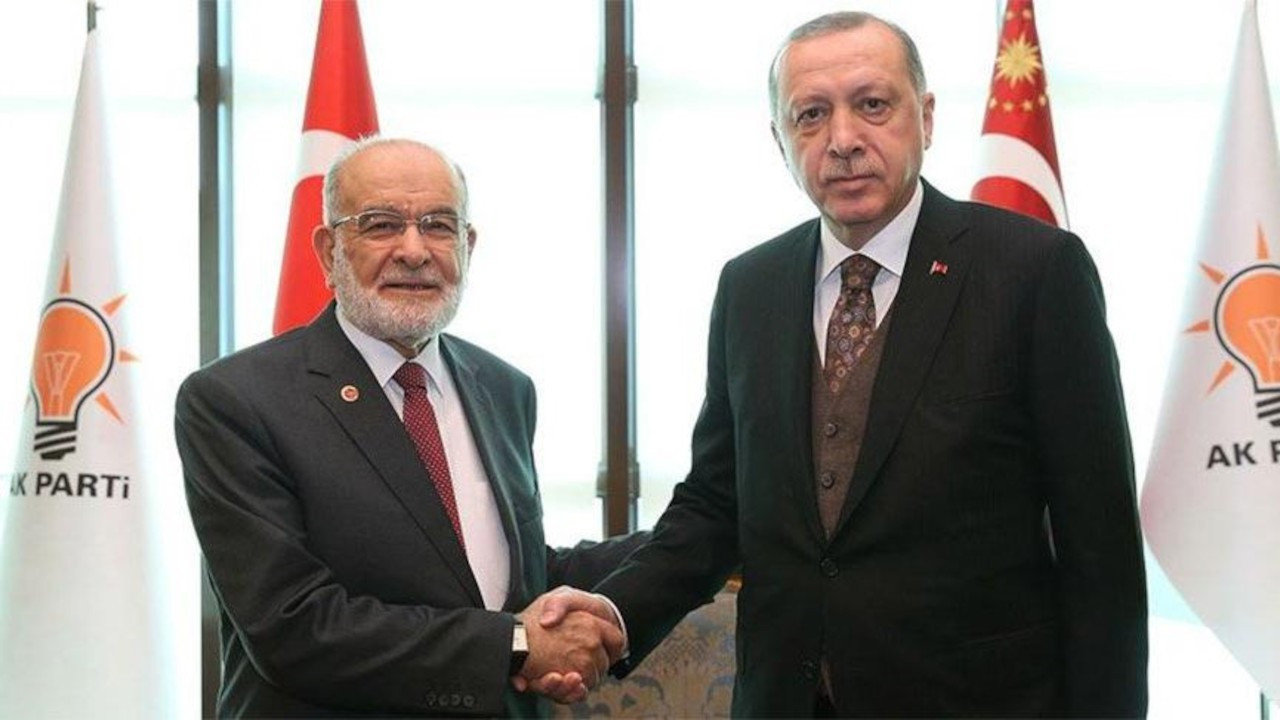Karamollaoğlu to step down from Felicity Party leadership
Turkish Islamist opposition Felicity Party leader Temel Karamollaoğlu has announced that he would step down from his position due to “health issues.”
Duvar English
Temel Karamollaoğlu, the leader of the Turkish Islamist opposition Felicity (Saadet) Party, announced on May 3 that he would step down from his position.
Karamollaoğlu said during a live TV5 broadcast that “I am probably the last person who has personally worked with Necmettin Erbakan (in the party). Due to health issues, I will leave this duty to one of my colleagues.”
“A new era is beginning. But our ideals are important. It is the legacy left to us by Mr. Erbakan. We have not set aside his ideals even at the slightest point,” he added.
🗣️Karamollaoğlu:
— TV5 (@tv5televizyonu) May 3, 2024
📌Erbakan Hoca ile bizzat çalışmış kişiler arasında ben kaldım bende sağlık sorunları sebebiyle görevimi benden sonra gelecek isme bırakacağım
👆Önemli olan Erbakan Hoca'nın bize bıraktığı mirastır, en ufak noktada bile onun ideallerini bir kenara bırakmadık pic.twitter.com/kxbFwtR9lU
Necmettin Erbakan, who died in 2011, was the long-time leader of Turkey's Islamic political movement. The current Islamist leaders, including President Recep Tayyip Erdoğan, are his students. He was on the political scene for 42 years and has laid down the roots of the ruling Justice and Development Party (AKP).
82-year-old Karamollaoğlu has been the party leader since 2016. During his reign, the party has been in an official political alliance with the main opposition Republican People’s Party (CHP). He’s also a staunch critic of Erdoğan, despite being in the same political tradition.
Karamollaoğlu was the mayor of Sivas during the Sivas Massacre, which took place when a large group of radical Islamists set the Madımak Hotel on fire on July 2, 1993, killing 33 intellectuals and two hotel personnel.
He was accused of inciting the demonstrators who set fire, but, he refused the claims, saying “No incident has ever upset” him as much as the incident. He also refused to call the massacre a “massacre.”

 Turkish opposition party leader Temel Karamollaoğlu yet again targets LGBTI+sPolitics
Turkish opposition party leader Temel Karamollaoğlu yet again targets LGBTI+sPolitics Islamist party leader: Erdoğan pushed me to opposition alliancePolitics
Islamist party leader: Erdoğan pushed me to opposition alliancePolitics Felicity Party leader says he turned down Erdoğan's alliance offerPolitics
Felicity Party leader says he turned down Erdoğan's alliance offerPolitics